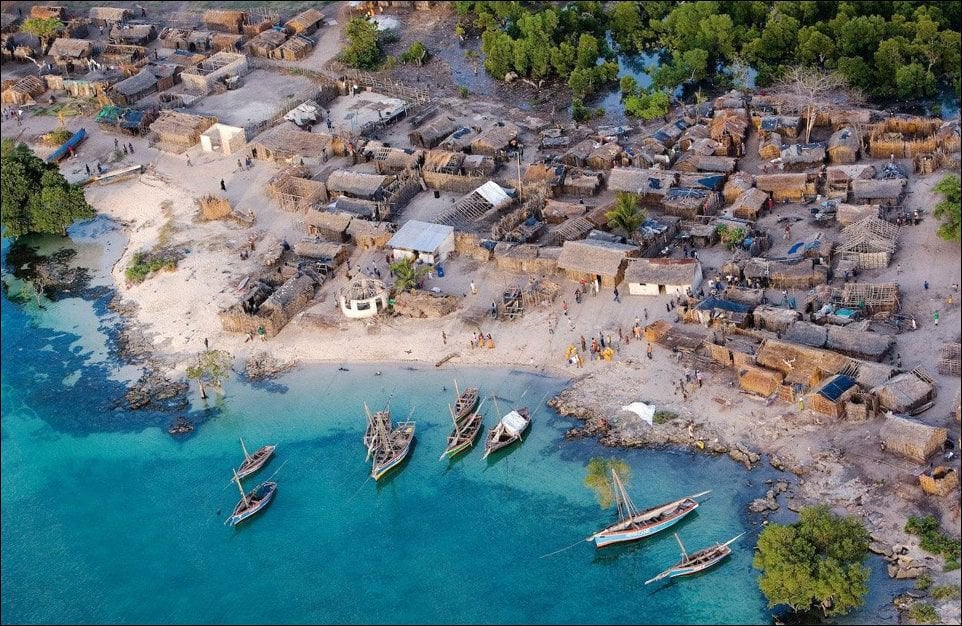The Proverb of the Month: The water of the sea is only to be contemplated.
The
water of the sea is only to be contemplated. (English).
Waleba mengi komenzi genyanza. (Longo, Tanzania).
Maji
ya bahari ni kwa ajili ya kutazama. (Swahili).
L’eau
de la mer, c’est pour regarder. (French).
The above African proverb is typical of the Longo people of Tanzania, who live near Lake Victoria, the greatest lake in the whole continent of Africa, but some thousands of kilometres away from the sea, the Indian Ocean, which is on the east coast of Tanzania. In contrast to Lake Victoria, the Indian Ocean is salty; hence, the Ocean water cannot be used for consumption or to quench one's thirst because of its saltiness. Therefore, the Ocean might not be helpful to those who live around it because they cannot consume it. Hence, despite their availability, these ocean waters are out of reach and, consequently, a waste for those who might need them desperately.
From a sociological and political perspective, the Longo people's proverb draws a poignant comparison between the ocean waters and the wealth of the privileged. This comparison extends to our leaders, who, like the ocean waters, have the potential to alleviate the plight of the poor. However, in many instances, they choose to turn a blind eye to the needs of the less fortunate, despite the abundance of resources at their disposal. This indifference renders their position and wealth meaningless, echoing the sentiment of the proverb and underscoring the crucial role of leadership in addressing wealth disparity.
In our daily lives, we are confronted with the harsh reality of wealth disparity, where the rich often ignore the poor, regardless of their desperate circumstances. Instead, they choose to assist their affluent peers, hoping for future favours. This unfortunate truth is particularly stark in African societies, where the gap between the rich and the poor is not just visible, but glaringly pronounced, like a stark contrast between light and darkness.
The poem of Samuel Taylor Coleridge, The Rime of the Ancient Mariner (1834), poetically explains the parallel between the proverb and the African situation:
Water, water, every where,
Nor any drop to drink.
There are riches everywhere, but the riches and resources do not benefit the masses. That analogy typically explains the African situation and nemesis. While the African continent is blessed with enormous natural resources, they hardly benefit the poor who sit on those resources. Instead, the leaders prefer to feed greedy foreign capitalists at the expense of the poor masses. Think of extraction rights, contracts, and other economic benefits sold to multinational companies exploiting the minerals and the masses.
Hence, although Africa is blessed with riches, the leaders' refusal to make the riches accessible to the people makes the riches, resources, and leaders useless. It has, therefore, become paramount to think carefully before choosing our leaders.

